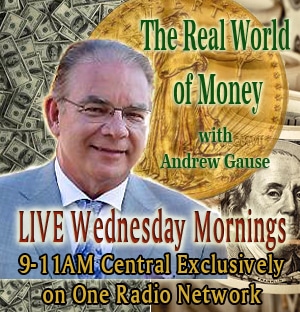The Government is in talks with Barclays after the bank admitted that raising
extra capital could trigger a clause that would deliver control to its
Middle East investors.
Government insiders were last night reeling at the possibility that helping
Barclays could see Britains fourth biggest lender automatically delivered
to the Middle East as the result of a little known clause agreed in the
banks October capital raising.
Sheikh Mansour Bin Zayed Al Nahyan, a member of the Abu Dhabi royal family,
and two Qatari investment vehicles invested £5.3bn in the bank in October.
In return, they took a series of complicated investment structures, the bulk
of which were "mandatory convertible notes".
Under the terms of the deal, the investors have to wait seven months for
delivery of the shares, which convert at 153.276p. However, if at any time
until June 30 Barclays raises more capital at a lower price, the Middle East
investors are able to take their stake at that lower level.
With Barclaysshares now at 66.1p, the bank would have to roughly triple the
number of shares issued to Sheikh Mansour and the Qataris. Such a move would
hand the Arab investors around 55pc of Barclays, effectively giving them
control. With the warrants for an additional £3bn of "reserve
capital instruments", their combined stake could rise to 67pc.
One insider said: "This was a clause to protect the Middle East. There
seems to have been no thought about protecting the bank at all. If the
clause is triggered at this level, the Middle East can lay claim to the
whole bank."
The Financial Services Authority is understood to be seeking a full
explanation about the clauses implications.
Amanda Staveley, who advised the Middle East investors for a £40m fee, has
written to Sheikh Mansour alerting him to the implications of Barclays
plunging share price. According to insiders, Ms Staveley had insisted on the
inclusion of the clause as a way of protecting the investment against
short-sellers in the event on the ban on short-selling of financial stocks
being lifted.
The ban was lifted earlier this month and yesterday politicians called for its
reintroduction after noting "anecdotal evidence" that hedge funds
had been shorting UK banks.
Barclays is reeling from speculation it will have to be nationalised or seek
alternative state support. The shares collapsed for a seventh consecutive
day yesterday, falling 9pc to 66.1p, despite small recoveries at Royal Bank
of Scotland and Lloyds Banking Group. Barclays has now lost nearly two
thirds of its value in little over a week, its four largest investors have
lost a combined £8.5bn.
One banking expert said: "Barclays has spent the past few days insisting
it has enough capital. That would be fine in normal circumstances, but these
are not. The Government has made it completely clear that it will not allow
the banks to fail and everyone knows that nationalisation is very much on
the table."
Government insiders were said to be incredulous that the clause could restrict
their options for a rescue. Speculation has mounted that banks might pay for
the planned "toxic debt" insurance scheme by issuing new shares,
but the Barclays clause would prohibit this. It now seems banks will buy the
insurance with preference shares or cash.
Barclays pointed out that the clause expires on June 30, after which it will
be able to issue shares with no strings attached. A spokesman dismissed any
concerns, arguing it would not need to raise capital under the FSAs revised
rules unless it suffers £20bn of losses in the next six months. He said: "The
statement on Friday demonstrates the strength of the groups capital
p

'Barclays may lose control to Gulf investors' has no comments
Be the first to comment this post!